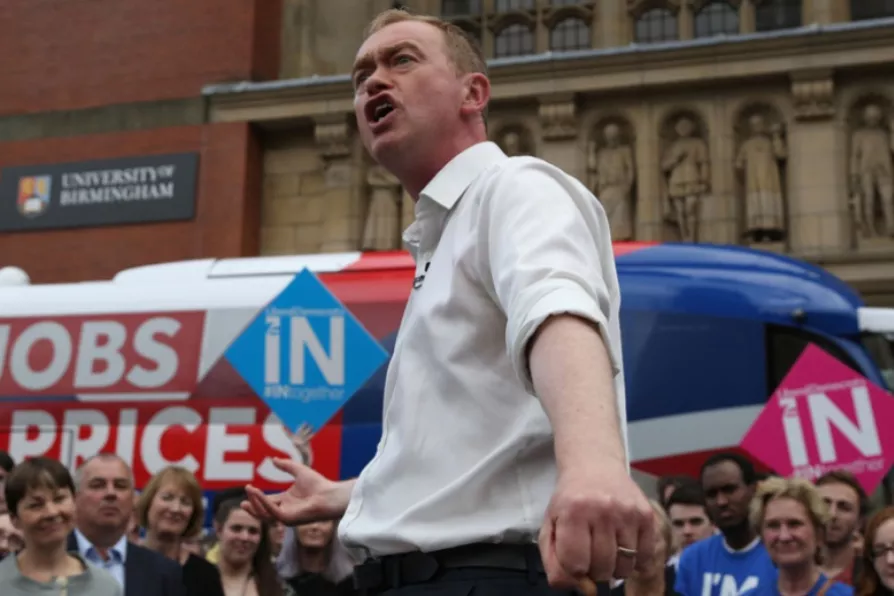Data on regional deprivation in England shows us an unequal society, but what to do about it remains unanswered argue ROX MIDDLETON, LIAM SHAW and MIRIAM GAUNTLETT

 Former Liberal Democrat leader Tim Farron speaking at a Britain Stronger In Europe rally in Birmingham
Former Liberal Democrat leader Tim Farron speaking at a Britain Stronger In Europe rally in Birmingham
POLITICS has changed and it “isn’t going back into the old box where it was before.”
That is how Jeremy Corbyn responded six months ago almost to the day as the election showed a historic 10-point surge for the Labour Party.
Among those most desperate to shift politics back to before the Corbyn-Labour advance is Nigel Farage, whose Ukip was annihilated in June last year.

STEPHEN ARNELL casts a critical eye over the sudden rash of challenges to the two-party system on both sides of the Atlantic, noting that today’s performative populist politics sadly lacks Roosevelt’s progressive ‘Bull Moose’ vision of the early 20th century

As Starmer flies to Albania seeking deportation camps while praising Giorgia Meloni, KEVIN OVENDEN warns that without massive campaigns rejecting this new overt government xenophobia, Britain faces a soaring hard right and emboldened fascist thugs on the streets

Reform’s rise speaks to a deep crisis in Establishment parties – but relies on appealing to social and economic grievances the left should make its own, argues NICK WRIGHT

With Reform UK surging and Labour determined not to offer anything different from the status quo, a clear opportunity opens for the left, argues CLAUDIA WEBBE










